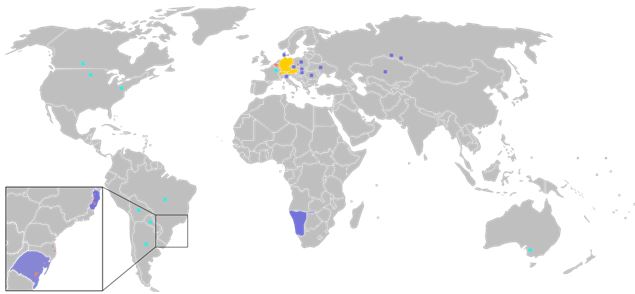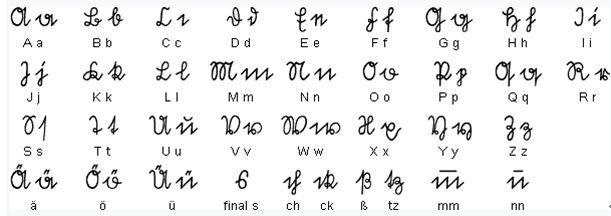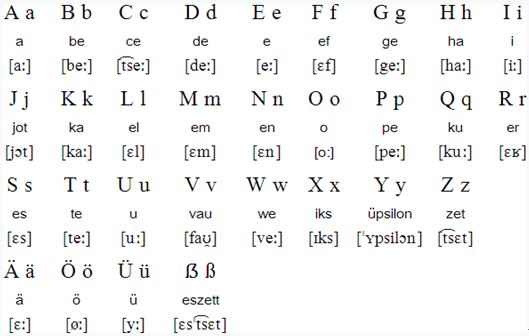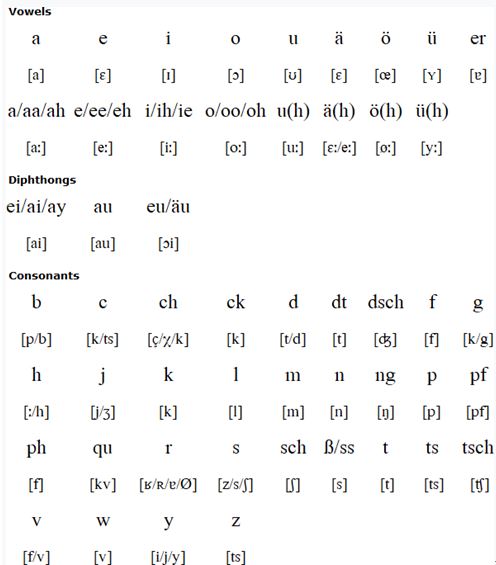German Translation

Do you need a German translation services, certified and within a very short time frame? Are you in science, tech, education or the media, and in need of high-quality German to English translation services?
Whatever your situation, our highly-trained native speakers are not only experts in the German language, but also knowledgeable in your area of specialization with years of translation and localization experience. Our professional German translation services are at affordable rates providing accesses to intuitive platform and embedded quality tools. We’re ready to help you meet any deadline, wherever you are in the German speaking world.

Co-official and majority language
Co-official, but not majority language
Statutory minority/cultural language
Non-statutory minority language
Introduction of German
German is a West Germanic language spoken mainly in Germany, Austria, Switzerland, Liechtenstein, Belgium, Luxembourg and Italy. It is recognized as a minority language in Czech Republic, Denmark, Hungary, Kazakhstan, Ukraine, Namibia, Poland, Romania, Russia, Slovakia, Slovenia, Croatia, Serbia, South Africa, Vatican City and Venezuela. There are also significant German-speaking communities in the USA, Canada, Brazil, Argentina, Mexico, Australia, South Africa, Chile, Paraguay, New Zealand and Peru.
Number of speakers
Standard German (Hochdeutsch) has around 90 million native speakers, and other varieties of German have some 30 million. There are about 80 million people who speak German as a second language, and many others study it as a foreign language.
Written German
The earliest known examples of written German date from the 8th century AD and consist of fragments of an epic poem, the Song of Hildebrand, magical charms and German glosses in Latin manuscripts. A short Latin-German dictionary, the Abrogans, was written during the 760s.
German literature started to take off during the 12th and 13th centuries in the form of poems, epics and romances. Well-known examples include the epic Nibelungenlied (the Song of the Nibelungs) and Gottfried von Straßburg's Tristan. The language used is now known as mittelhochdeutsche Dichtersprache (Middle High German poetic language). During this period Latin was gradually replaced by German as the language of official documents.
Varieties of German used in writing
High German (Hochdeutsch)
High German started to emerge as the standard literary language during the 16th century. Martin Luther's translation of the Bible, which he completed in 1534, marks the beginning of this process. The language he used, based partly on spoken German, became the model for written German.
Swiss German (Schweizerdeutsch or Schwyzerdütsch)
A variety of German spoken by about 4 million people in Switzerland, occasionally appears in writing in novels, newspapers, personal letters and diaries.
Pennsylvania Dutch/German (Deitsch / Pennsylvania Deitsch / Pennsilfaanisch Deitsch)
Pennsylvania Dutch is a variety of German spoken by about 250,000 mainly in Pennsylvania, Ohio and Indiana in the USA, and in Ontario in Canada. The Pennsylvania Dutch newspaper Hiwwe wie Driwwe publishes poetry and prose in Pennsylvania Dutch, and there are a number of other publications featuring the language. Pennsylvania German is commonly referred to as Pennsylvania Dutch, however it is not a variety of Dutch.
Regional varities of German, or Mundarten, also occasionally appear in writing; mainly in 'folk' literature and comic books such as Asterix.
Written German Script Styles
Sütterlin
Sütterlin was created by the Berlin graphic artist L. Sütterlin (1865-1917), who modeled it on the style of handwriting used in the old German Chancery. It was taught in German schools from 1915 to 1941 and is still used by the older generation.

Modern German alphabet

Notes
• The last four letters are officially considered separate letters of the German alphabet.
• In Austria J is known as je [jeː]; Q is known as qwe [kveː], and the name of the Y is pronounced [ʏˈpsiːlɔn].
• In Austria and Southern German ß is known as scharfes S. The capital version of this letter is rarely used: SS is usually used instead.
German pronunciation

Did You Know?
German words in English
English has borrowed many words from German. Below are just a few of them.
English from German
angst Angst ‘neurotic fear, anxiety, guilt, remorse’
autobahn Auto ‘car’ + Bahn ‘road’
blitz shortening of Blitzkrieg ‘rapid attack’ from Blitz ‘lightning’ + Krieg ‘war’
dachshund Dachshund, from Dachs ‘badger’ + Hund ‘dog’
delicatessen delikatessen, plural of delikatesse from delicat ‘delicacy’ + essen ‘food’
ersatz Ersatz ‘units of the army reserve’, literally ‘compensation, replacement, substitute’, from ersetzen ‘to replace’
gesundheit literally ‘health!’
kindergarten literally ‘children’s garden’ from Kinder ‘children’ + Garten ‘garden’
kitsch literally ‘gaudy, trash’
sauerkraut Sauerkraut, literally ‘sour cabbage’ from sauer ‘sour’ + Kraut ‘cabbage’
schnitzel Schnitzel ‘cutlet,’ literally ‘a slice’, from Schnitz ‘a cut, slice’ + –el, diminutive suffix
spiel ‘glib speech, pitch’ from spielen ‘to play’
weiner shortening of Wienerwurst from wiener ‘Viennese’ + Wurst ‘sausage
wunderkind Wunderkind, literally ‘wonder-child’
How much does a translation into German cost?
The standard rate for translations from English into German is $ 0.12 and rates for translations from German into other languages vary. For urgent jobs that need several linguists working simultaneously, we will apply a surcharge.
Just contact us to get more information and a no-obligation quote. Our project managers can be reached via telephone, email, or the form. We look forward to serving you.
For more information about German Translation,
call us or add wechat today at +86-13616034782
or send us an email to:info@target-trans.com